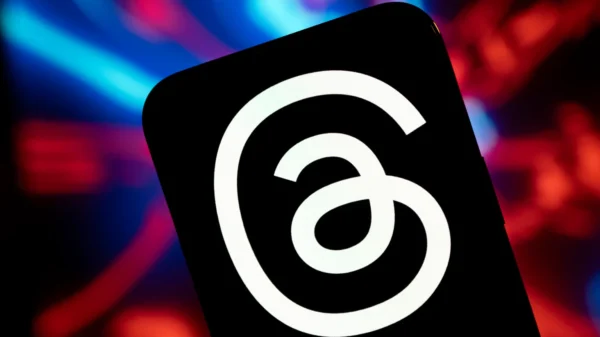Strengthening Regulation for Streaming Services in the UK: Ensuring a Fair and Safe Digital Landscape. As the digital landscape evolves and streaming platforms gain prominence, the UK government recognizes the need to adapt regulations to ensure a fair and safe environment for viewers. In this article, we delve into the proposed UK streaming services regulations, including the potential expansion of Ofcom’s jurisdiction and protecting audiences from harmful material. Our focus is to provide a comprehensive overview of these proposed changes and their implications for streaming platforms and the wider broadcasting industry.
Evolving Regulations for Streaming Services
Under current regulations, traditional broadcasters like the BBC and ITV adhere to Ofcom’s code, which covers harm, offense, accuracy, and impartiality. However, most streaming platforms operate outside these regulatory frameworks, such as Netflix, Amazon Prime, and Disney+. This move aims to ensure that audiences receive the same protections when consuming content from streaming platforms as they do from traditional broadcasters.
Protecting Audiences from Harmful Material
A key aspect of the proposed regulation is the protection of audiences from harmful material while watching video-on-demand (VoD) services. The government intends to introduce a Video-on-Demand Code that will require streaming platforms to abide by guidelines for accuracy, fairness, privacy, and the avoidance of harm, much like the Broadcasting Code that Ofcom enforces. This initiative seeks to ensure audiences have a safe and secure streaming experience, with measures in place to mitigate potential risks associated with harmful or offensive content.
Strengthening Public Service Broadcasting
Alongside regulating streaming services, the UK government is committed to supporting and boosting public service broadcasters (PSBs). PSBs are vital in providing culturally relevant content, supporting independent producers, and delivering impartial and accurate news. The proposed regulations aim to give PSBs greater freedom and flexibility in fulfilling their public service obligations, enabling them to showcase content on online platforms in addition to traditional channels. By ensuring the availability and accessibility of public service content on connected devices and major online platforms, including smart TVs and streaming sticks, the government aims to reinforce the value and importance of PSBs in the digital age.
Privatization of Channel 4
In addition to the proposed regulations, the UK government intends to privatize Channel 4, which is publicly owned but commercially funded. Privatization would provide Channel 4 with the tools necessary to succeed as a public-service broadcaster while preserving its distinctiveness. This change of ownership would allow Channel 4 to diversify its revenue streams, ensuring its long-term sustainability and enabling it to continue supporting the production of high-quality programming. The government plans to use the proceeds from the sale of Channel 4 to invest back into the sector and support training and skill development.
The Future of Streaming Regulation
The proposed regulations outlined in the government’s white paper reflect a commitment to adapt to the changing media landscape and ensure a fair and safe digital environment for viewers. By extending Ofcom’s jurisdiction, protecting audiences from harmful material, and supporting public service broadcasting, the government aims to balance innovation and safeguarding viewers’ interests. As the media landscape continues to evolve, these regulations will play a crucial role in shaping the future of streaming services in the UK.
Conclusion
The proposed UK streaming services regulations represent a significant step toward creating a fair and safe digital landscape. By extending Ofcom’s jurisdiction, protecting audiences from harmful material, and supporting public service broadcasting, the government aims to ensure that streaming platforms operate within a regulatory framework that promotes responsible content creation and consumption. As the proposed regulations move forward, it is crucial to balance innovation and the protection of viewers’ interests, creating a thriving digital landscape for both streaming services and traditional broadcasters.













































